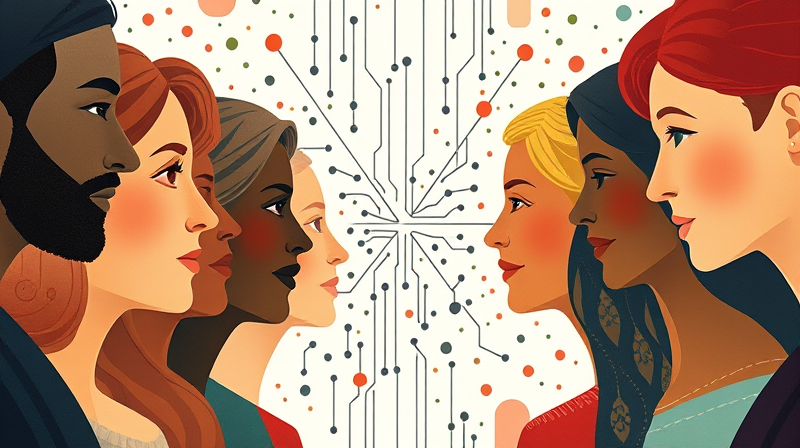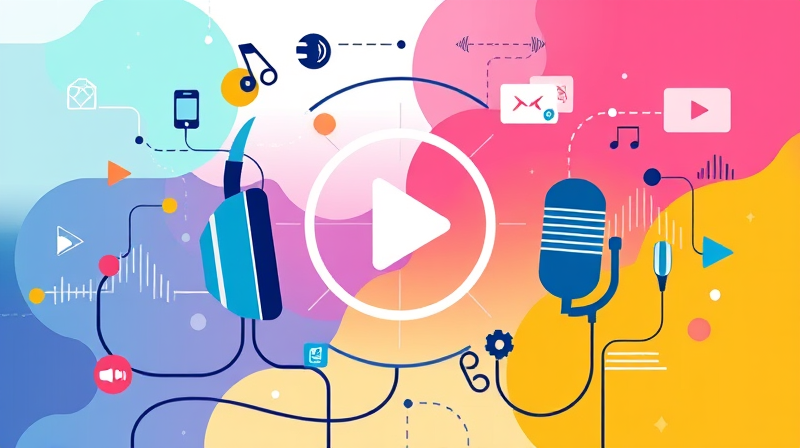In a world overflowing with information and marked by increasing division, the capacity to evaluate opposing views objectively is not only valuable but essential. Many individuals experience the challenge of navigating conflicting narratives, and objectivity can be the guiding light that leads to fair analysis and informed decision making. This article explores several practical strategies designed to foster an impartial mindset, encouraging both personal growth and healthier public discourse.
Understanding Cognitive Biases and Motivated Reasoning
The first step toward objective evaluation is to understand the psychological barriers that prevent us from embracing differing perspectives. Motivated reasoning occurs when personal beliefs cause one to favor evidence that supports pre-existing notions. This unconscious filtering often results in an echo chamber of opinions that reinforce bias.
For instance, during debates, one might notice that only data aligning with preconceived ideas is acknowledged while dissenting facts are quickly dismissed. This phenomenon, if left unchallenged, can steer individuals away from the truth. It is important to cultivate the habit of scrutinizing one’s own thought processes, reflecting on whether personal biases influence the perception of information.
By consciously identifying these biases and actively seeking out contradictory evidence, individuals can gradually overcome the limitations imposed by motivated reasoning.
Employing Structured Techniques to Enhance Objectivity
One of the most effective methods to approach differing views is through the use of structured evaluation techniques. A systematic approach not only mitigates emotional responses but also promotes consistency when weighing the merits of various arguments.
- Seek Contradictory Evidence: Instead of solely confirming pre-existing beliefs, challenge yourself by investigating sources that present opposing views. This will broaden your awareness and reduce the impact of confirmation bias.
- Clear Evaluation Criteria: Before dissecting any argument, outline specific benchmarks to assess credibility, relevance, and the strength of the evidence. This structured decision-making process fosters a balanced evaluation of the issue.
- Invite Diverse Perspectives: Actively engaging with peers, experts, or community groups who hold different opinions can reveal insights that might otherwise remain hidden. This openness is key to understanding both sides of any debate.
Through these techniques, objectivity transforms into a habit that gradually reshapes how we interact with ideas and opinions, leading to an enhanced understanding of the complexities behind any issue.
Cultivating a Receptive Mindset
The second pillar in evaluating opposing views is receptiveness. Adopting a mindset that is open and willing to question assumptions paves the way to constructive dialogue and mutual respect. A receptive approach allows individuals to absorb different perspectives without immediate judgment.
Practical tips for nurturing a receptive mindset include:
- Use Hedge Statements: Phrases like "This might be the case because..." can soften assertions and invite discussion rather than debate.
- Acknowledge Shared Foundations: When encountering contrasting viewpoints, highlighting common values can build bridges rather than barriers.
- Reframe Positively: Starting responses with affirmations such as, "I appreciate your perspective on..." demonstrates respect and encourages balanced conversation.
These methods help create an environment where people not only express their convictions but also remain open to learning from others, laying the foundation for inclusive dialogue.
Advancing Critical Thinking and Upholding Ethical Standards
At the core of objective evaluation lies the ability to think critically. When we emphasize the importance of logical reasoning and insist on examining evidence objectively, we create space for solutions that are data-driven and fair. Critical thinking involves recognising the difference between facts and opinions, dismantling logical fallacies, and formulating well-reasoned conclusions.
In parallel, ethical standards should be maintained to ensure that the evaluation process is not tainted by personal gain or external pressures. The use of ethical decision-making frameworks in professional, educational, and personal settings not only safeguards against bias but also reinforces trust and accountability.
By nurturing these skills, individuals are better equipped to assess conflicts and deliver balanced, informed conclusions which serve both personal interests and communal well-being.
Promoting Open Dialogue and Transparency
The pursuit of objectivity is not an isolated endeavor; it thrives in an atmosphere of open dialogue and clear transparency. Encouraging debates in a structured yet respectful setting enables everyone to express their reasoning while remaining accountable. This dynamic conversation helps illustrate the complexity of issues and fosters a culture of shared understanding.
Transparency in methodology is equally vital. By clearly presenting the criteria and the sources of information, one invites constructive critique and builds public confidence in the evaluation process. When transparency and dialogue go hand in hand, they empower communities to tackle misunderstandings and bridge ideological divides.
Ultimately, incorporating these strategies into everyday practice does more than just enhance personal insight; it helps shape societies that are knowledgeable, just, and resilient against manipulation.
In conclusion, navigating the maze of opposing views requires us to be vigilant, structured, and open-minded. The pursuit of objectivity is a dynamic process that demands constant self-improvement and ethical commitment. By understanding and overcoming cognitive biases, employing structured decision-making techniques, and fostering a receptive and transparent debate, we can transform how we interact with differing perspectives. This commitment to openness not only elevates our ability to think critically but also nurtures a more inclusive and understanding public sphere, prepared to face the challenges of a diverse and evolving world.








